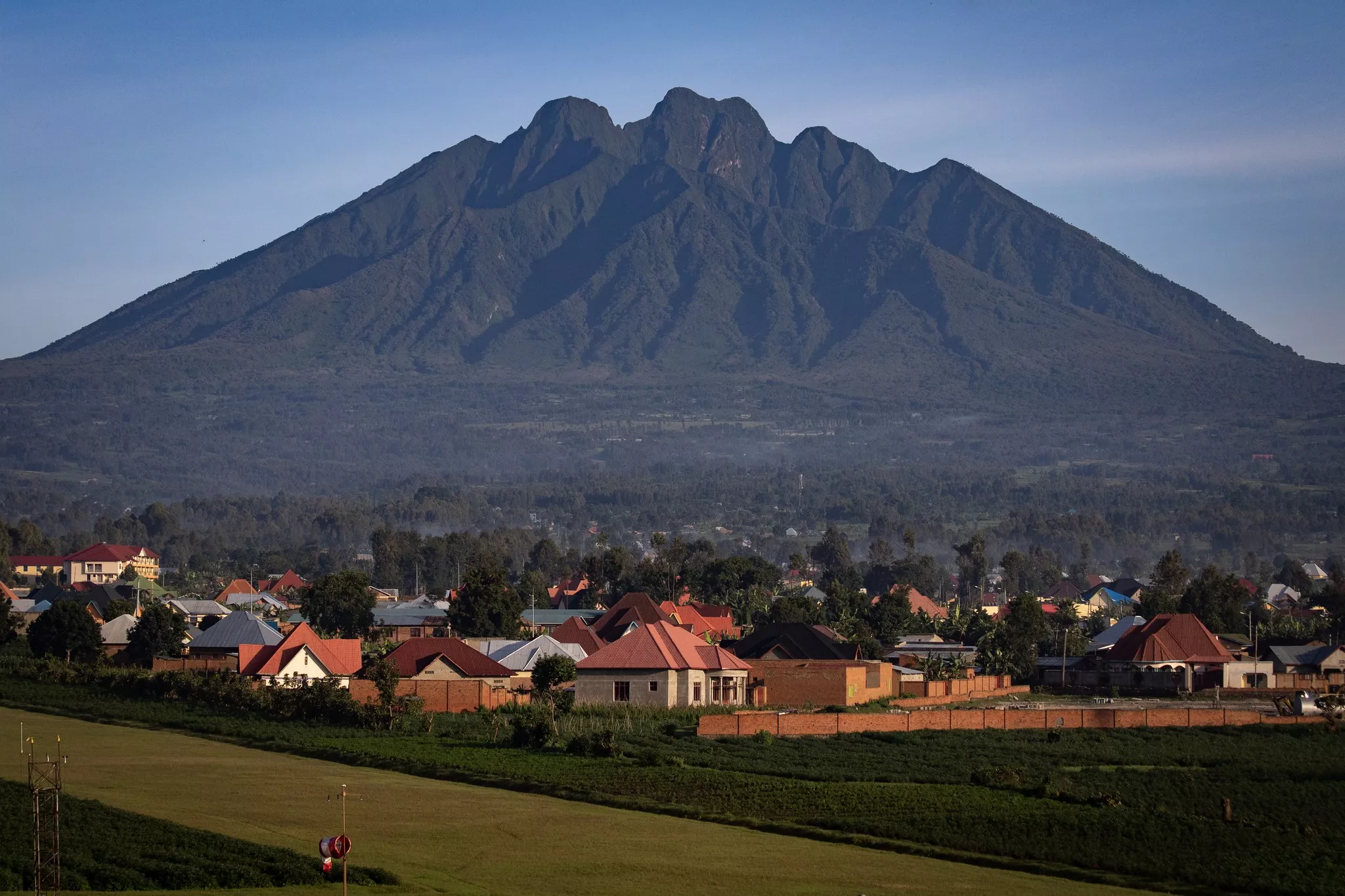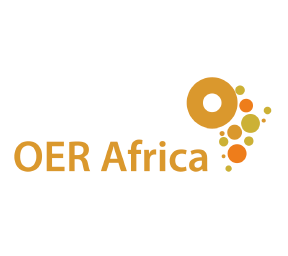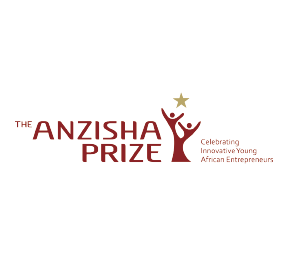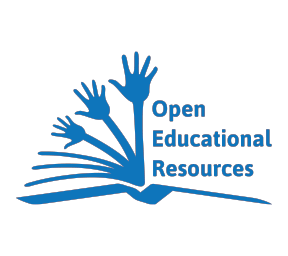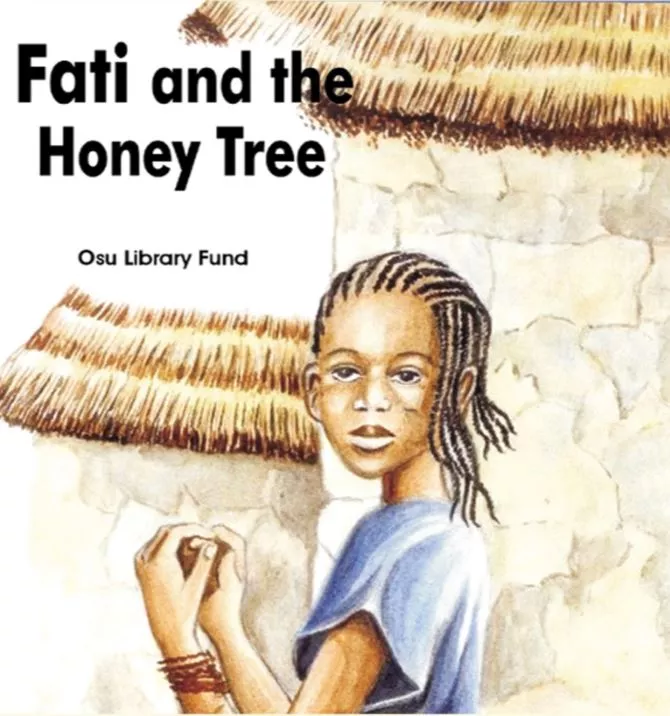Rwandan Collaborative Model for Educator Capacity Building
Collaboration between the Rwandan government, the University of Rwanda, and local industry to develop and deploy educator technology-integration professional development initiatives neatly follows the Triple Helix Model[1]. However, in this Rwandan initiative a fourth collaborative partner proved significant, the regional/global education community coordinated by UNESCO’s Regional Office for Eastern Africa.

